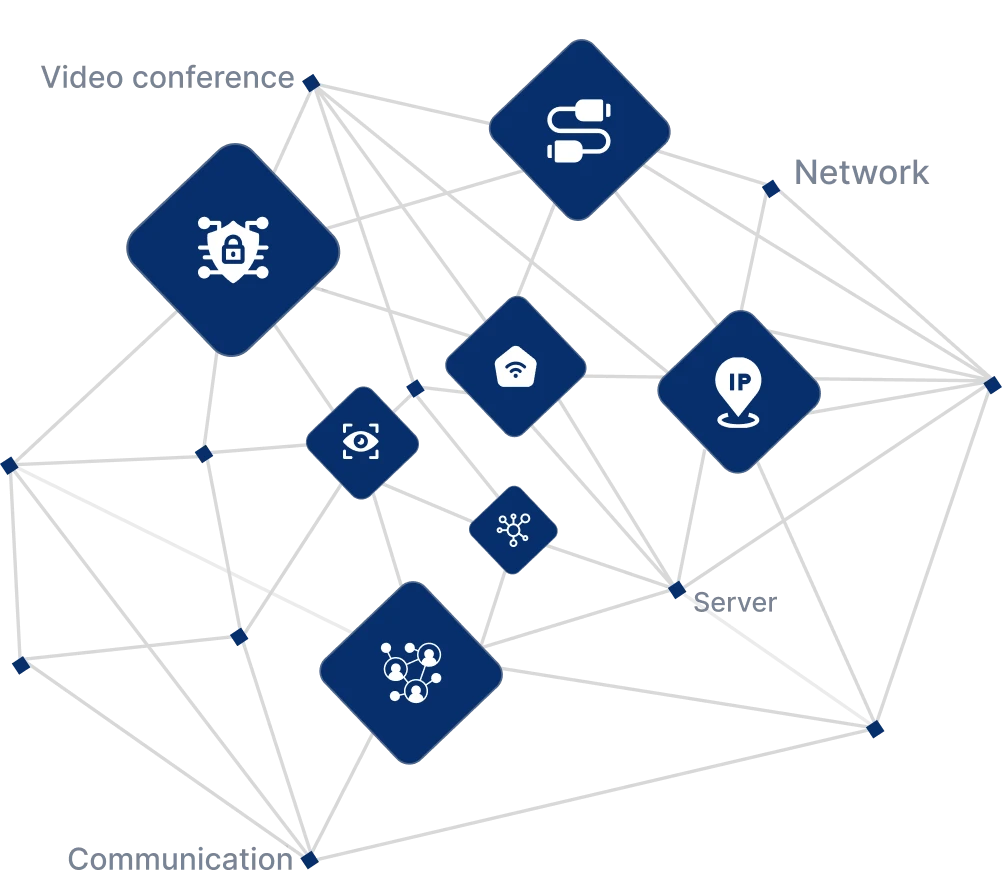Network and Communication
Network and communication are two key components of any business. They allow businesses to remain connected and share data across multiple locations, departments and users. Networks are composed of a variety of hardware and software that enable communication between computers, servers, and other devices. Communication is the exchange of information between two or more people, either through verbal or written means.

Benefits With Our Service
Shiva Computer leverage extensive background for comprehensive networking and communication solutions.Our expertise enable us to integrate products from DLINK TPLINK,LINKSYS ,CISCO, ENGENIUS, UBIQUITY, HIKVISION, HP ARUBA,NETGEAR, HUAWEI & AZUS. We cover all the networking areas including switches, routers, access points,POE adaptors & range extenders.


Flexible Network

Improved productivity through fast and reliable network connectivity.

Reduced network expenses by simplifying operations

Improved user satisfaction by accelerating
Analyzing IT services
Network and communication services refer to technologies and services that enable communication between two or more users. These include services such as the internet, telephone systems, messaging systems, and other forms of communication. IT service providers can provide a variety of services related to network and communication, including network design, installation, maintenance, and troubleshooting.

Different Types of IT Network Services
There are many types of IT network services that can be used to facilitate the transmission of data and information within a network. These include local area networks (LANs), wide area networks (WANs), virtual private networks (VPNs), cloud services, and internet service providers (ISPs).

Network Security Assessment
To ensure the safety of data and information traveling through a network, it is important to assess the security requirements of the network. This includes evaluating the level of encryption, authentication methods, and other security protocols that must be followed.

Analyzing Network Performance
To ensure that a network is performing optimally, it is important to analyze the performance of the network. This includes evaluating the throughput, latency, reliability, and scalability of the network.

Monitoring Network Traffic
To ensure that the network is functioning properly, it is important to monitor network traffic. This includes monitoring the amount of data being transferred, the types of protocols being used, and the locations that the data is being sent to and from.
